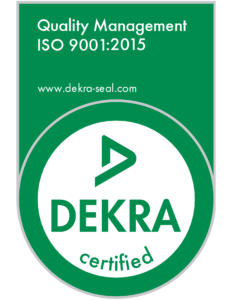What is hygroscopicity in plastic welding?
Hygroscopicity is the tendency of some plastics to absorb moisture from the air. When a polymer absorbs moisture, it can affect weldability.
What is Hertz or Hz in ultrasonic welding?
Hertz or Hz in ultrasonic welding refers to the number of cycles per second. Ultrasonic waves are measured in kHz (kilohertz) or thousands of cycles[…]
What materials are used to make horns for ultrasonic welding?
Horns are usually manufactured from high strength aluminum alloys or titanium. Both metals have excellent acoustical property to transmit the ultrasonic energy with very little
What is gain in ultrasonic welding?
Each application has different amplitude requirements and thus different combinations of boosters and horns are required to achieve the appropriate gain.
What is an energy director in ultrasonic welding?
An energy director is a design feature used in ultrasonic welding to facilitate the welding process by focusing and directing the ultrasonic energy to the[…]
What types of plastic polymers are ultrasonically weldable?
Ultrasonic welding is a versatile process that can be used to weld many different types of plastic polymers. The weldability of a specific plastic polymer[…]
What are bad or suspect part limits in ultrasonic welding?
When setting up your ultrasonic welding process, the best process control methodologies use limits. These limits will notify you and highlight the bad and suspect[…]
How do I achieve consistent parts that meet customer requirements 100% of the time in ultrasonic welding?
There is the ability to produce consistent parts that meet your customers’ requirements 100% of the time by: 1) Defining the requirements 2) Setting up[…]
How does a horn to fixture alignment jig work in ultrasonic welding?
A horn to fixture alignment jig is used to speed up set up changes overs and assure horn fixture to the location.
What are the benefits of resilient fixtures in ultrasonic welding?
The benefit of resilient fixtures for ultrasonic welding are that they reduce part marking on soft materials.

